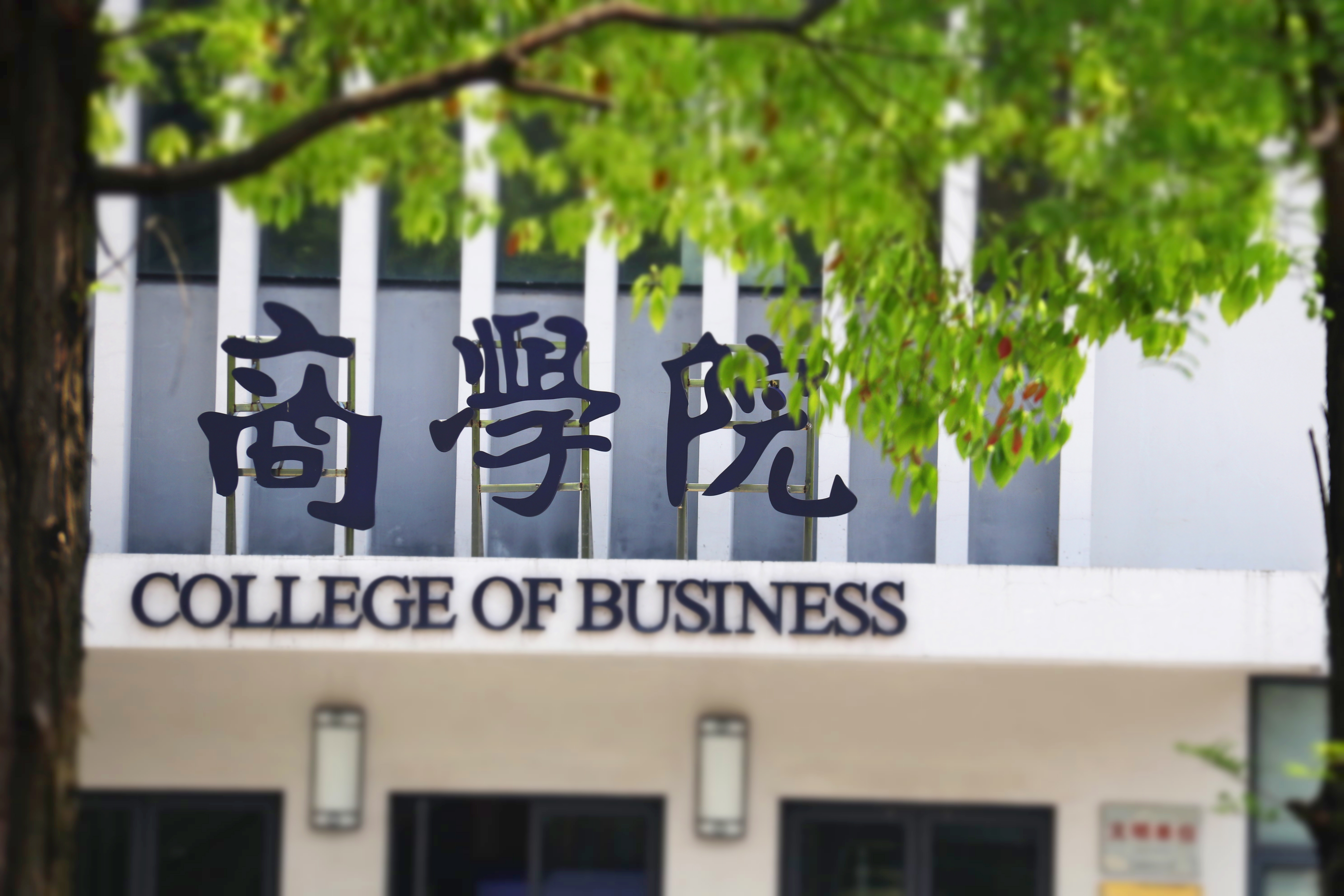in recent years, extreme weather events such as heatwaves and heavy rainfall have become more frequent, making climate change an increasingly significant global challenge. in response to these severe climate challenges, a global consensus has emerged to jointly combat climate change and actively mitigate its potential impacts. as the world’s second-largest economy, china is proactively advancing a low-carbon transition and green development. in 2020, president xi jinping announced at the 75th united nations general assembly that china would scale up its nationally determined contributions and adopt more vigorous policies and measures, with the aim of peaking carbon dioxide emissions by 2030 and achieving carbon neutrality by 2060.against this backdrop, college of business of shanghai university of finance and economics released its first “climate action report 2023”this september. the report aims to objectively present the college’s strategies and actions in addressing climate change, as well as to provide an overview of its current greenhouse gas emissions.
1. report overview
the greenhouse gas (ghg) accounting methods used in this report are based on the greenhouse gas protocol: corporate accounting and reporting standard and the corporate value chain (scope 3) accounting and reporting standard, both published by the world resources institute (wri) and the world business council for sustainable development (wbcsd). the report covers the college of business’s climate change response action and performance from january 1 to december 31, 2023, and includes the main campuses, namely the wudong road campus and zhongshan north road campus.
the report indicates that in 2023, the total greenhouse gas emissions of the college of business amounted to 384.52 tons of co2 equivalent (tco2e). of this total, scope 1 (direct emissions) accounted for 40.30 tco2e, scope 2 (indirect emissions) accounted for 216.62 tco2e, and scope 3 (other indirect emissions) accounted for 127.60 tco2e. the primary source of the college's ghg emissions was indirect emissions from purchased electricity under scope 2, making up nearly 60% of the total emissions.
2. future outlook
as the earliest business colleges in china, college of business of shanghai university of finance and economics has always committed to its motto, "integrity, knowledge, economy for the times," and is dedicated to taking concrete actions to actively respond to the national "dual carbon" strategy, fulfilling the social responsibility of higher education institutions.
wei hang, chair of cob council, stated that the release of the first climate action report—which publicly discloses the current status of the college’s greenhouse gas emissions and its climate actions—demonstrates the college's determination and commitment to supporting the nation's efforts to combat climate change and the transition to a green economy. the college recognizes the risks and opportunities that climate change presents to the business community. moving forward, while continuing to implement carbon reduction actions within its operations and along its value chain, the college will also place a strong emphasis on business research related to sustainable development. additionally, by enriching its curriculum and activities related to environmental, social, and governance (esg) and sustainable development, the college aims to cultivate a new generation of business leaders capable of adapting to the green economic transition. the college is committed to working hand in hand with all sectors of society and all stakeholders to collectively build a green and low-carbon future.

